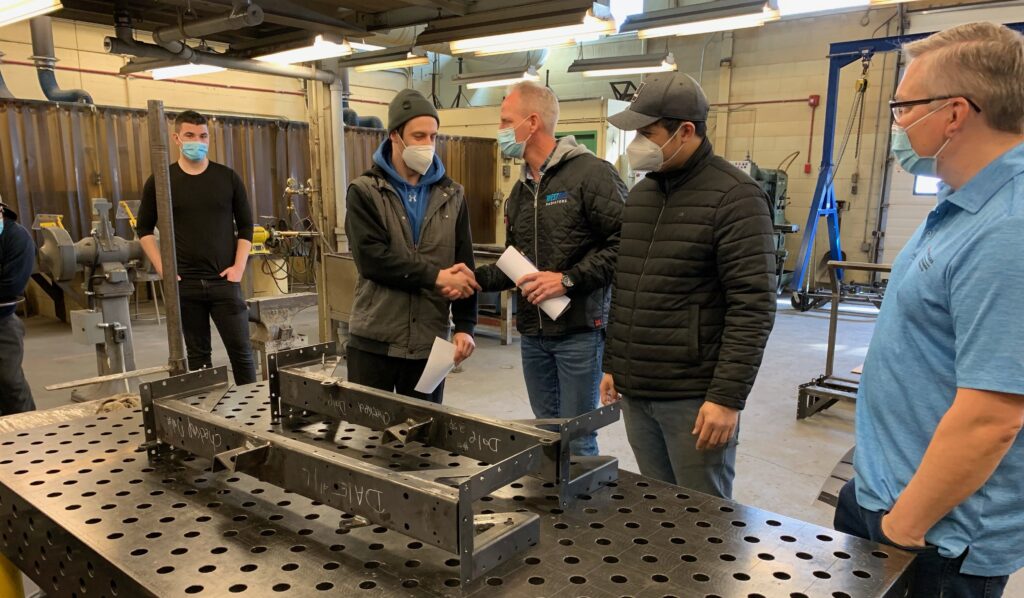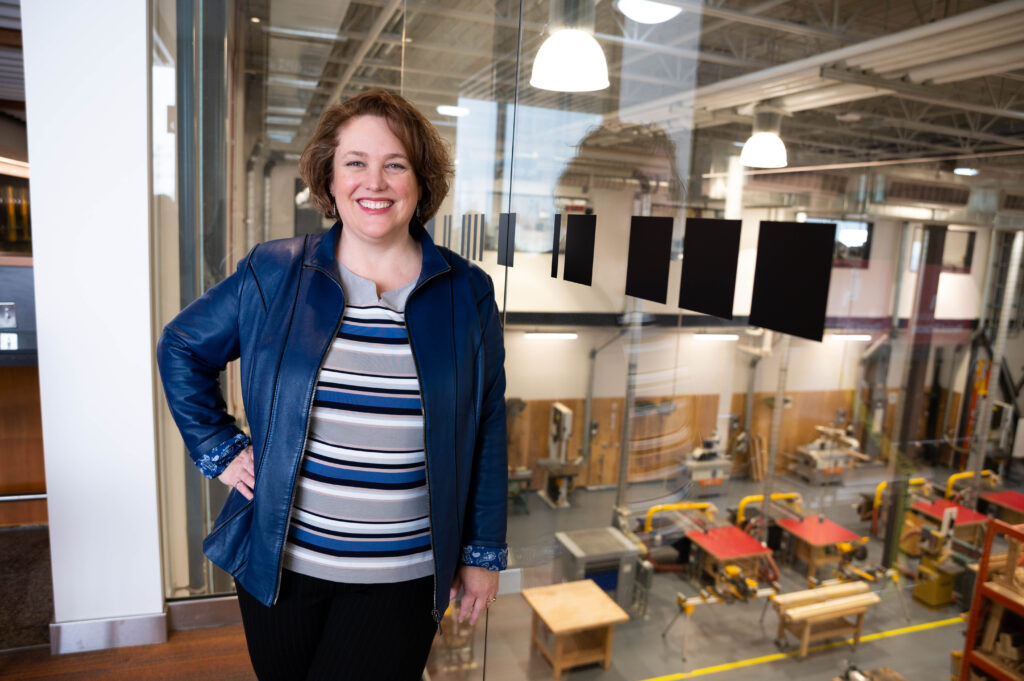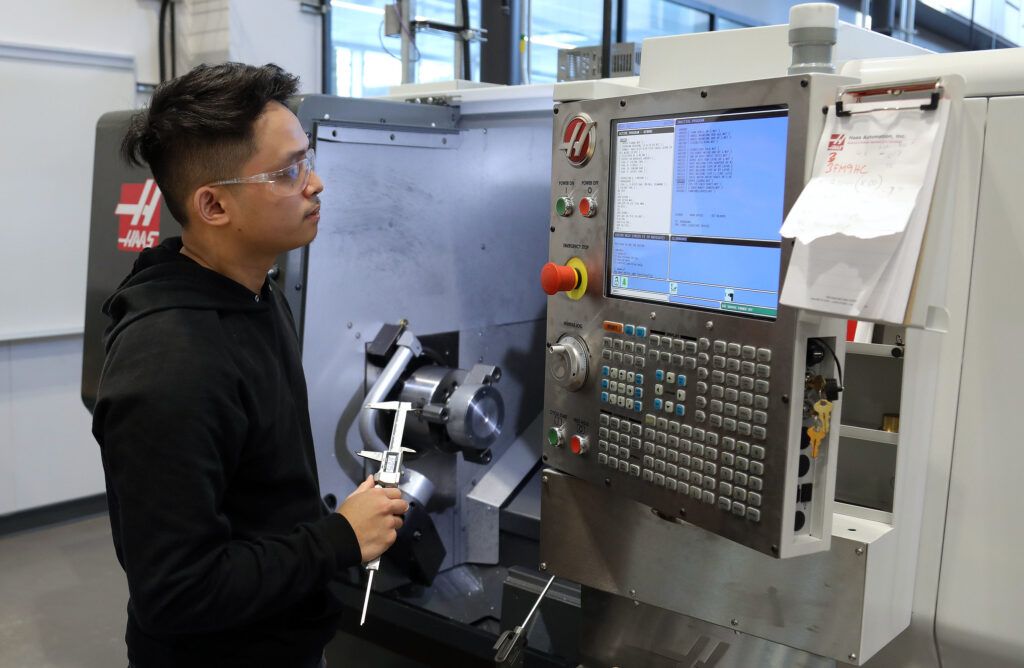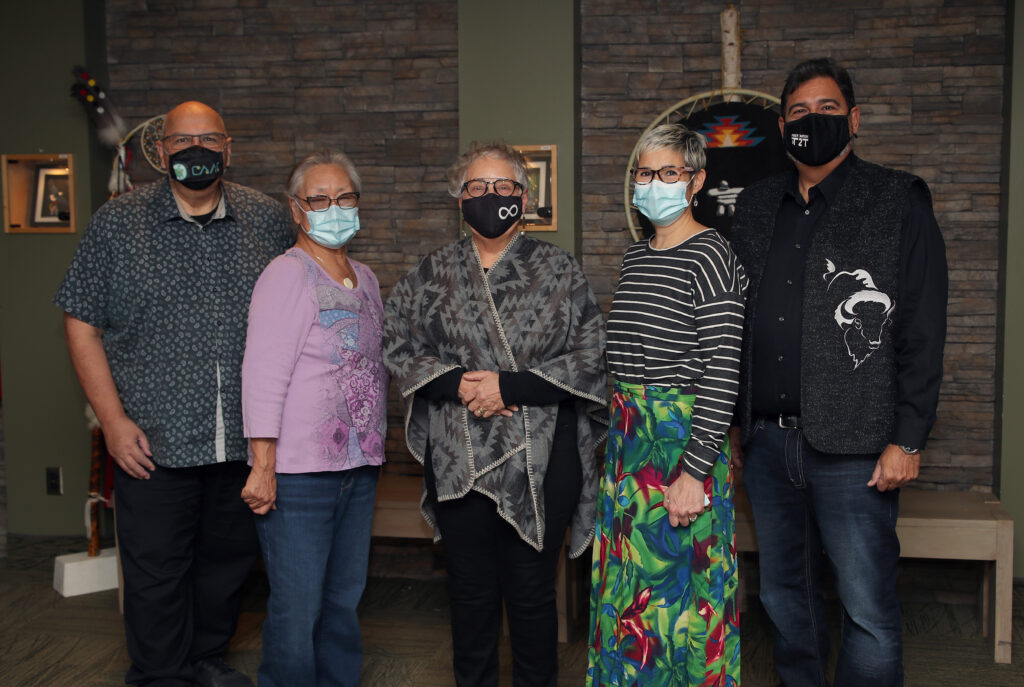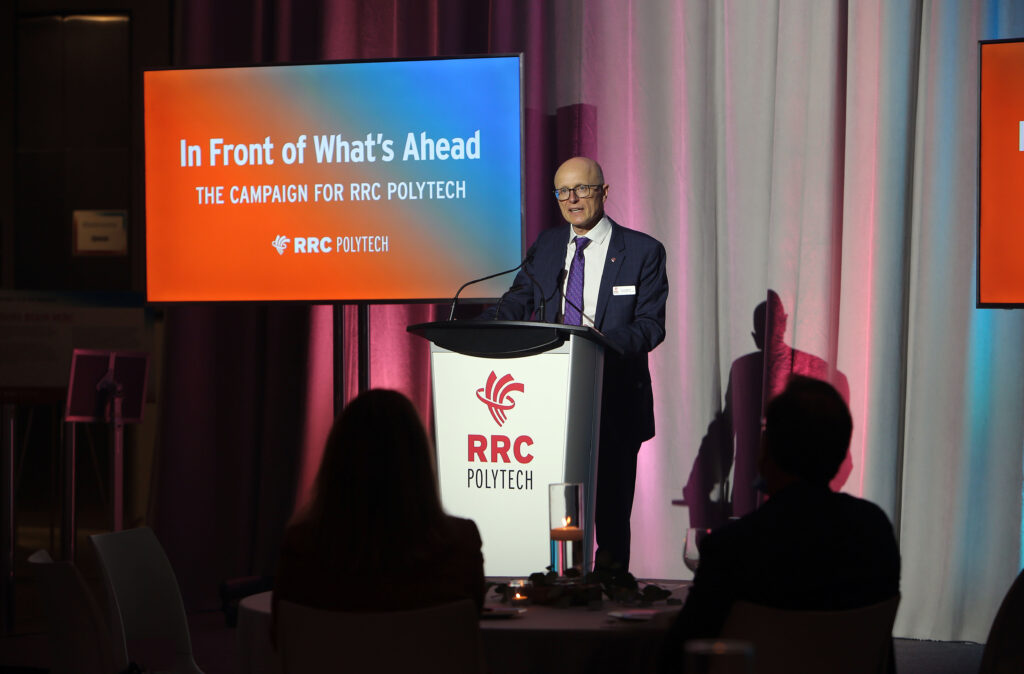New partnership produces strong weld
Fusing metal together is an art form for students in RRC Polytech’s Welding program.
They’ve learned it takes patience, precision and practice to join metals properly, and the resulting products have incredible strength and durability. A new partnership with West End Radiators is teaching them that similar principles apply when forging relationships, and that reinforcing bonds with industry benefits both students and prospective employers.
“Our success at RRC Polytech has been built on strong, dynamic partnerships — with communities, industry, employers and applied research partners. Our partners want to work with us because of our ability to solve problems, train talent and respond to labour market needs,” says Shylyte Bloodworth, Program Manager, Electrical, Mechanical and Manufacturing at RRC Polytech.
“Having a former student be the link to a new collaboration speaks to how quickly our graduates make an impact in the workforce.”
Gail Batoon was working as a labourer in shipping at West End Radiators a few years ago when he decided to upgrade his education and further his career. He quit his job and began RRC Polytech’s Welding program. In less than a year, he had been hired back in an elevated role as a welder.
“We value integrity, quality service and teamwork, so we were thrilled when Gail chose to return to us after his training,” says Wayne Feeleus, Director of Sales and Business Development for West End Radiators. “His workmanship is excellent and expanding our staff allows us to produce more parts that we can trust to stand up to Manitoba winters.”
A follow-up call with Welding Instructor Jason Church led to another return for Batoon — this time as a mentor in the classroom, with an added level of partnership for the company.
“It came together quickly; West End Rad needed a specific side bracket for radiators on Kenworth trucks,” Church explains. “They provided the raw materials and the design, and Gail visited the class earlier to provide a hands-on demonstration of what was required.” Read More →

